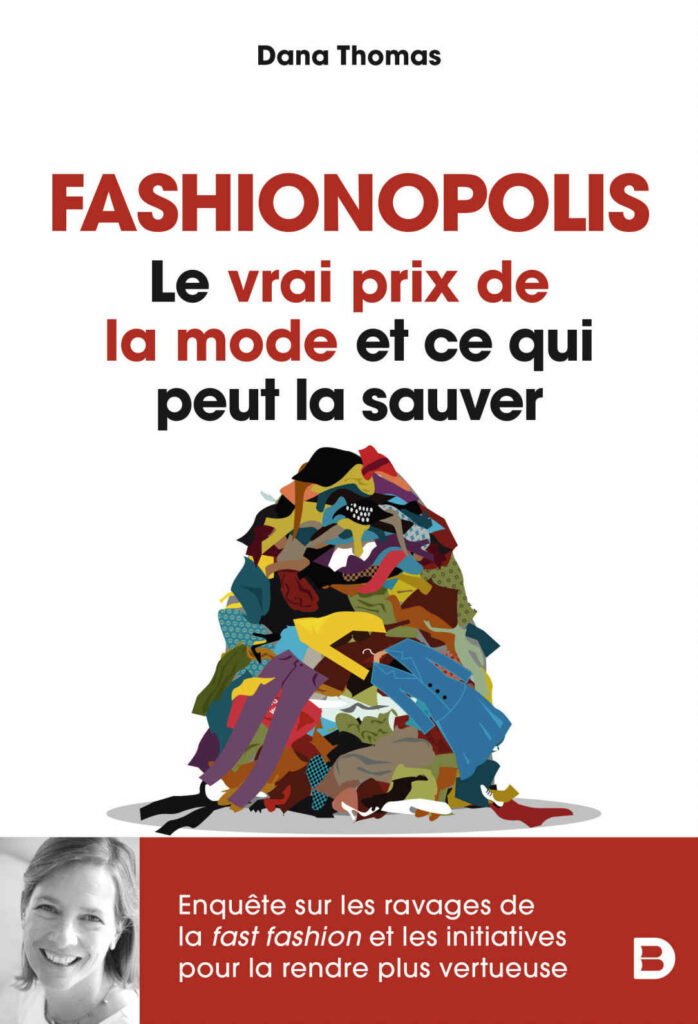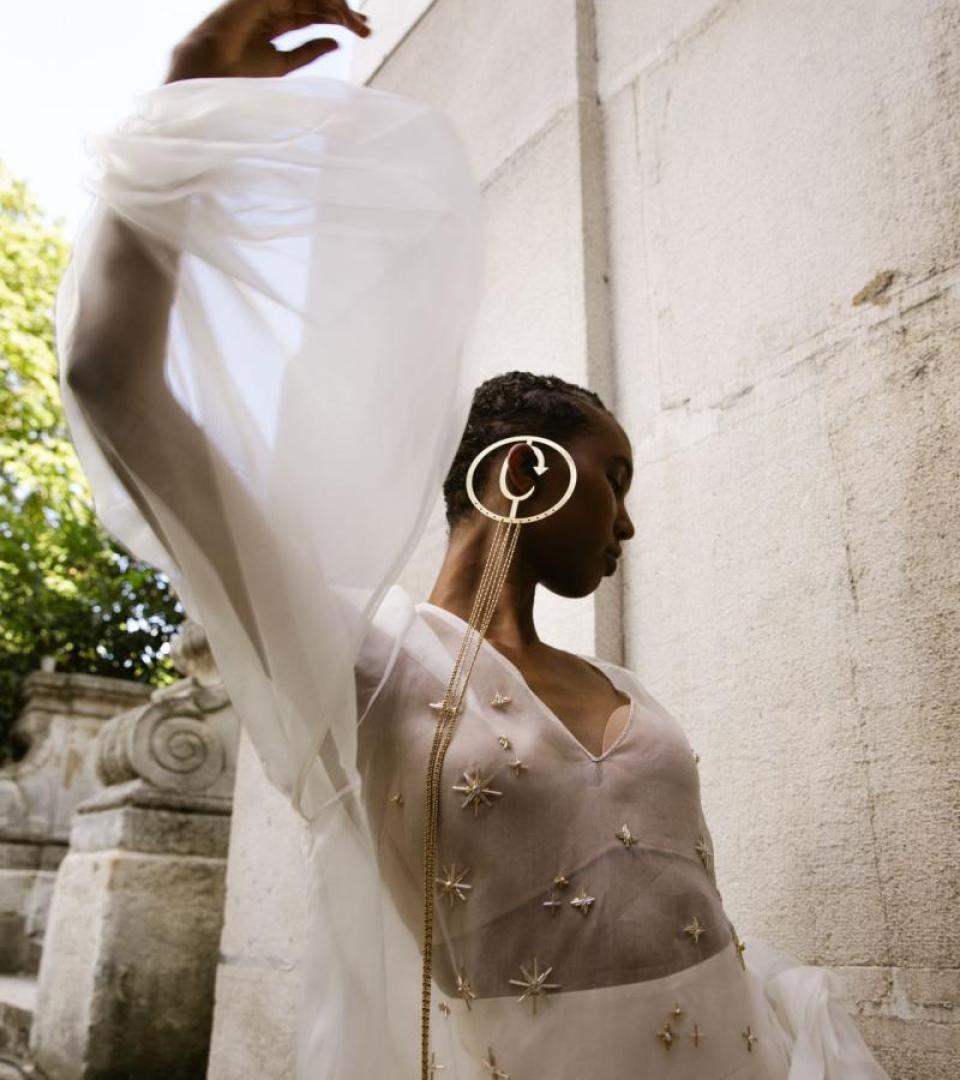The future of fashion by Dana Thomas

Dana Thomas is the author of Fashionopolis: The Price of Fast Fashion and the Future of Clothes, Gods and Kings: The Rise and Fall of Alexander McQueen and John Galliano and the New York Times bestseller Deluxe: How Luxury Lost Its Luster. Thomas began her career writing for the Style section of The Washington Post, and for fifteen years she served as a cultural and fashion correspondent for Newsweek in Paris. She is currently Editor-at Large for Vogue Business, and a regular contributor to The New York Times Style section. She has written for The New York Times Magazine, The New Yorker, The Wall Street Journal, the Financial Times, Vogue, Harper’s Bazaar, T: The New York Times Style Magazine, and Architectural Digest. In 1987, she received the Sigma Delta Chi Foundation’s Ellis Haller Award for Outstanding Achievement in Journalism. In 2016, the French Minister of Culture named Thomas a Chevalier of the Order of Arts and Letters. And in 2017, she was a Logan Non fiction Fellow at the Carey Institute for Global Good. She lives in Paris.
Fashionopolis is a in depth investigation on the dark side of fast fashion. What are the main issues these giants are facing ?
Courage, mostly. Do they have the courage to change their business model from volume-based—meaning selling as much volume as possible, as fast as possible—to something more in-tune with, and respectful of, the planet and humanity? The courage to accept less profits, to make less—though still ample amounts—money? The courage to do the right thing? For the moment, the answer is no.
The current crisis has strengthened the consciousness of climate change. Do you think the fashion players have truly changed ?
Not really. They tweak here and there, such as launching “conscious collections,” which account for a thimble-full of sales; switching to “sustainable cotton,” which, mind you, is not organic; offsetting damage with good works, which is a smokescreen, really; they are still polluting. But their core business model, which is based on moving as much volume as possible, remains the same. And it’s a flawed business model—it’s been flawed since Richard Arkwright invented it 250 years ago, when he kicked off the Industrial Revolution in Manchester with cotton manufacturing. Overproduction and over consumption are doing in the planet. The only way to go green is to rein in, or abolish, both. How? With the wave of sustainable, ethical start-ups that are reinventing the business, and rising fast as serious competitors. They only way to instigate change is through successful competition.
You have always been a passionate advocate of designers. Do you think they are more than ever leading the way of change ?
I surely hope so, and, as I said above, those who are starting their own small brands, with an eye, from Day One, at sustainable and ethical practices, are leading the change. With sincere dedication, and a bit of luck, their practices will become the mainstream, socially and economically. The old, wasteful way, based on moving volume and driven by shareholders demanding bigger profits every quarter will seem obsolete, and, frankly, bad business. And, also with a bit of luck and a lot of courage, the giants will be forced to change their ways, too. It’s not easy, to be sure. Designers at big groups have told me for years how their revolutionary ideas often get slapped down by corporate committees as something that the house “just doesn’t do.” No comes easier than yes. So hold your ground, designers. Fight for what you believe in. As Stella McCartney calls it: Infiltrating from within. You can drive change. Tenacity is the key.




